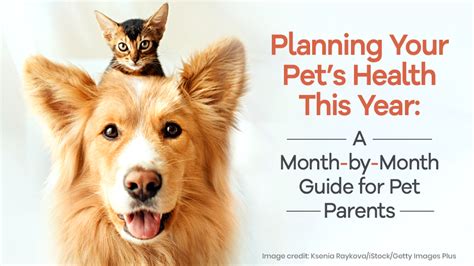Pneumonia is a serious lung infection that can affect both humans and animals, including pets. According to the American Veterinary Medical Association (AVMA), pneumonia is one of the leading causes of death in dogs and cats.

Types of Pneumonia in Pets
There are several different types of pneumonia that can affect pets, including:
- Bacterial pneumonia: This is the most common type of pneumonia in pets, and it is caused by bacteria.
- Viral pneumonia: This type of pneumonia is caused by a virus.
- Fungal pneumonia: This type of pneumonia is caused by a fungus.
Symptoms of Pneumonia in Pets
The symptoms of pneumonia in pets can vary depending on the type of pneumonia that is present. However, some of the most common symptoms include:
- Coughing
- Difficulty breathing
- Fever
- Lethargy
- Loss of appetite
- Weight loss
Diagnosis of Pneumonia in Pets
Pneumonia is typically diagnosed based on a combination of the pet’s symptoms, a physical examination, and chest X-rays. In some cases, additional tests, such as blood tests or a lung biopsy, may be necessary to confirm the diagnosis.
Treatment of Pneumonia in Pets
The treatment for pneumonia in pets will vary depending on the type of pneumonia that is present. However, some of the most common treatments include:
- Antibiotics: Antibiotics are used to treat bacterial pneumonia.
- Antivirals: Antivirals are used to treat viral pneumonia.
- Antifungals: Antifungals are used to treat fungal pneumonia.
- Oxygen therapy: Oxygen therapy may be necessary to help pets breathe if they are having difficulty breathing.
- Hospitalization: In severe cases, pets may need to be hospitalized for treatment.
Prevention of Pneumonia in Pets
There are several things that pet owners can do to help prevent pneumonia in their pets, including:
- Vaccinating pets: There are vaccines available to help protect pets from some types of pneumonia.
- Keeping pets away from sick animals: Pets should be kept away from sick animals, as they can easily spread pneumonia.
- Providing pets with a healthy diet: A healthy diet can help keep pets’ immune systems strong and help them fight off infection.
- Exercising pets regularly: Regular exercise can help keep pets’ lungs healthy and strong.
Outlook for Pets with Pneumonia
The outlook for pets with pneumonia depends on the type of pneumonia that is present, the severity of the infection, and the pet’s overall health. However, with early diagnosis and treatment, most pets with pneumonia can make a full recovery.
Conclusion
Pneumonia is a serious lung infection that can affect both humans and animals, including pets. However, by understanding the types of pneumonia, the symptoms, and the treatment options, pet owners can help prevent and treat pneumonia in their pets.
Frequently Asked Questions
Q: What are the most common symptoms of pneumonia in pets?
A: The most common symptoms of pneumonia in pets include coughing, difficulty breathing, fever, lethargy, loss of appetite, and weight loss.
Q: How is pneumonia diagnosed in pets?
A: Pneumonia is typically diagnosed based on a combination of the pet’s symptoms, a physical examination, and chest X-rays.
Q: How is pneumonia treated in pets?
A: The treatment for pneumonia in pets will vary depending on the type of pneumonia that is present, but some of the most common treatments include antibiotics, antivirals, antifungals, oxygen therapy, and hospitalization.
Q: What is the outlook for pets with pneumonia?
A: The outlook for pets with pneumonia depends on the type of pneumonia that is present, the severity of the infection, and the pet’s overall health. However, with early diagnosis and treatment, most pets with pneumonia can make a full recovery.





















